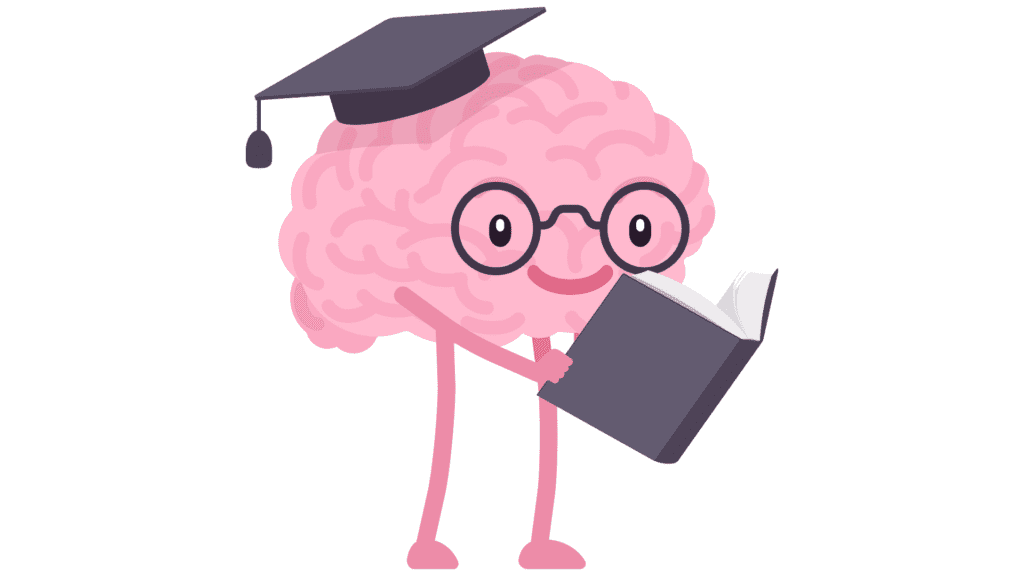Skill-Building 101: Turning Everyday Student Experiences into Career Assets

College life holds more career value than most students realize. Those late-night study sessions, group projects, part-time jobs, and club activities teach skills that employers want. Every assignment, every team meeting, and even casual campus interactions help build abilities that matter in the workplace.
You’re already gaining these experiences. The key lies in recognizing their professional worth and learning to present them effectively.
This guide reveals how your daily student experiences shape professional skills and shows you smart ways to make them count in your career journey. You’ll learn to spot career-building moments in places you might not expect and turn them into assets that catch employers’ attention.
#1) Unlock Hidden Skills in Your Coursework
Your daily academic life holds more professional value than you might think. That group project in history class? It teaches collaboration and deadline management.
The research paper for literature? It builds analytical thinking and clear communication. Each assignment offers chances to develop skills employers seek. The key lies in recognizing these opportunities and maximizing their impact.
#2) Transform Club Activities into Leadership Stories
Student organizations create perfect environments for skill development. Leading a fundraising campaign shows initiative and project management abilities. Organizing events proves your planning and coordination capabilities.
Even regular membership demonstrates commitment and teamwork. These experiences translate directly into workplace competencies employers value.
#3) See Part-Time Jobs as Professional Training Grounds
Your campus coffee shop job teaches more than coffee making. Customer service skills bloom when handling rushed morning crowds. Time management improves as you balance work and study schedules. Money handling builds attention to detail. These seemingly simple jobs lay foundations for professional success. Smart students recognize and build upon these learning moments.
#4) Make Social Media Work for Your Future
Your social media habits can evolve into marketable skills. Creating engaging content for your student organization shows marketing sense. Managing your personal brand online demonstrates digital awareness. Knowing platform analytics reveals data interpretation abilities. These digital native skills hold significant value in modern workplaces.
#5) Turn Study Groups into Team Management Experience
Study groups mirror workplace team dynamics perfectly. Coordinating schedules shows organizational skills. Explaining concepts to peers develops teaching abilities. Managing different personalities builds conflict resolution capabilities. These collaborative experiences prepare you for professional team environments.
#6) Create Career Value from Volunteer Work
Community service builds both skills and character. Organizing food drives demonstrates project coordination abilities. Mentoring younger students shows leadership potential.
Teaching seniors technology skills proves communication abilities. Volunteer experiences often provide opportunities to take on responsibilities beyond your years.
#7) Find Professional Learning in Personal Projects
Your hobbies and personal projects matter more than you think. Building a personal blog demonstrates writing skills and consistency. Managing a gaming community shows community management abilities. Creating digital art reveals creativity and technical proficiency. Personal passions often develop surprisingly relevant professional skills. To showcase these skills effectively and connect with employers who value demonstrated abilities, consider using platforms like Higher Hire. This platform emphasizes skills-based hiring to match candidates with roles that align with their unique talents.
#8) Learn from Campus Tech Systems
University technology platforms prepare you for workplace tools. Managing student portals builds digital literacy. Utilizing learning management systems shows adaptability. Troubleshooting technical issues develops problem-solving skills. These experiences prepare you for workplace technologies.
#9) Develop Soft Skills Through Daily Interactions
Every campus interaction holds professional development potential. Discussing assignments with professors builds professional communication skills. Resolving roommate conflicts develops negotiation abilities. Participating in class discussions sharpens public speaking capabilities. These daily moments shape crucial workplace soft skills.
#10) Transform Stress Management into Professional Resilience
College challenges build professional resilience. Meeting tight deadlines teaches grace under pressure. Balancing multiple courses shows prioritization skills. Handling exam stress develops coping strategies. These experiences prepare you for workplace pressures.
The journey from student to professional requires active awareness and intentional development. Look at your daily college experiences through a professional lens. Document your learning moments and achievements. Reflect on skills gained from various activities. The most successful transitions happen when students recognize and cultivate their developing abilities.
Wrapping Up
Employers value candidates who understand their capabilities and articulate growth. Track experiences and skills they build. Practice explaining connections in professional terms. Student experiences hold professional value. Recognize, develop, and articulate connections effectively.
